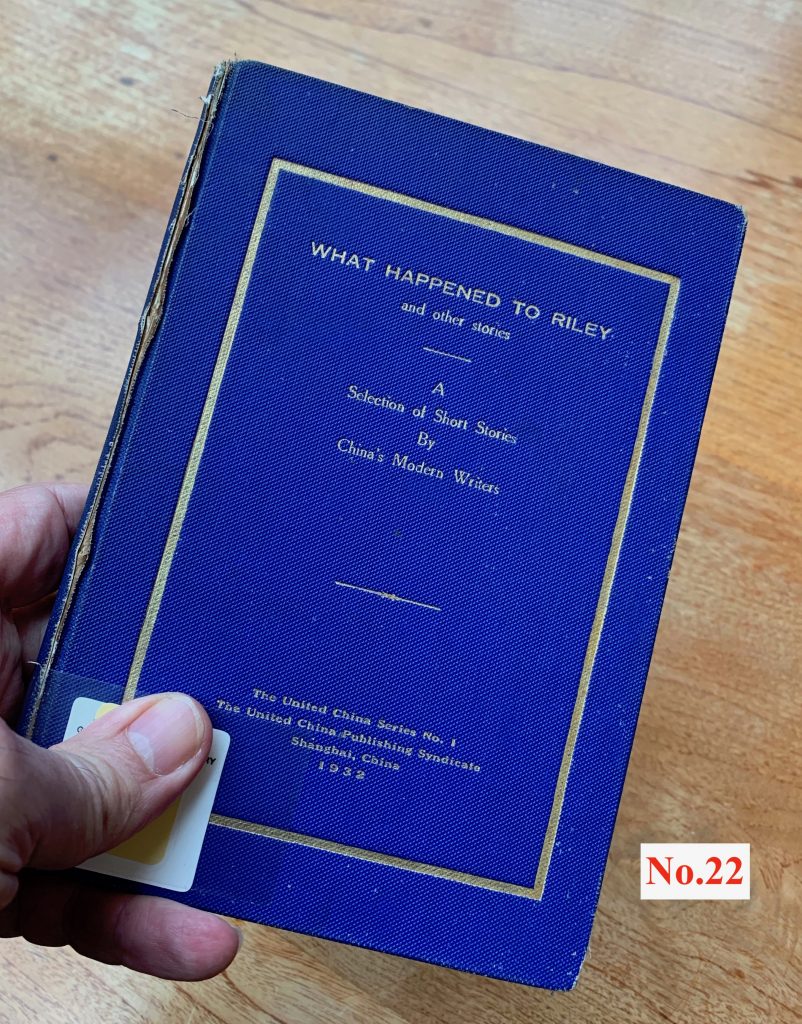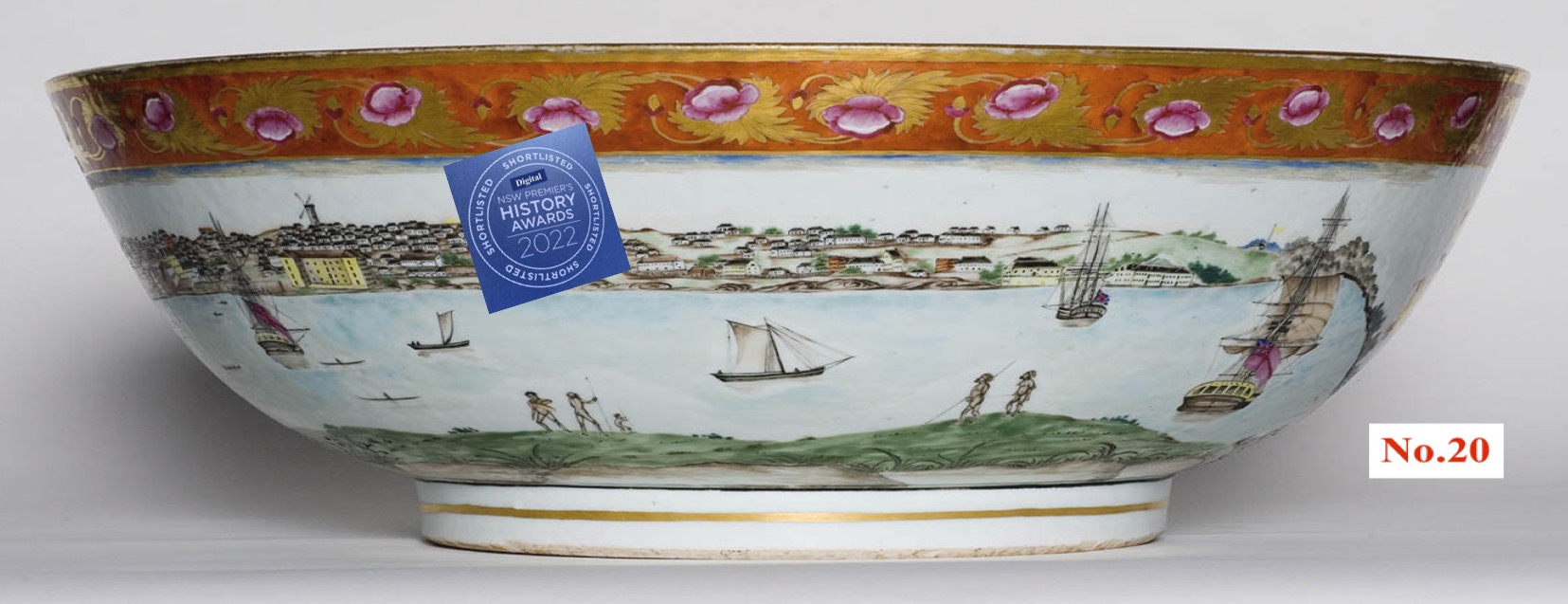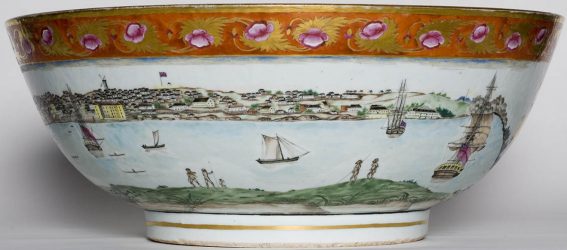
Inside the blue covers of this intriguingly titled volume is the first piece of Chinese-Australian literature written in English. It follows The Poison of Polygamy (see No.11) by some twenty years and pre-dates the next example of this literature by some fifty years. Why is this short story almost unknown, despite this distinction and its remarkable tale of a confrontation between a Chinese Australian and an European Australian in warlord China? The answer tell us something of the narrowness of perceptions about what is “Australian” as well as about the breadth of experiences that embodies the term “Chinese Australian”.
Thus the author Vivien Yung Chow was born and raised in Lismore, NSW, the son of a local businessman who had migrated from southern China and settled in that district. Vivien spent some of his years in Sydney in association with other local writers, including contributions to a Sydney literary journal, Readers and Writers Weekly. However like many Chinese Australians he wished to contribute to China, which was undergoing so many changes at that time. Thus he and his brother headed for Hong Kong and Shanghai where their English skills and poor (or non-existent Chinese) would allow them to work, usually for English language newspapers.
This is a life story for Chinese Australians that is remarkable only in how ignorant of its typicality most Australians are. The ongoing links of many Chinese Australians with the home villages of south China as well as with the expanding and vibrant cities of Hong Kong and Shanghai with their strong Cantonese presence is a feature of Australian history recently well researched but still outside the pale of popular perceptions.[1]
While the movement and China connections of these Australians is being better researched the inner lives of Chinese Australians, such as is often best expressed in literature, is still very much an unknown. It is for this reason that the recent translation of The Poison of Polygamy with its dramatic tale partly based on the family history of the author is such an important achievement. Twenty years later the writing of the short story What happened to Riley is another rare gem valuable in seeking to know not just what Chinese Australians did but what they thought and felt.
While this is a work of fiction there can be little reservation in believing that some of the intensity of feeling and the character’s experiences are based upon the authors own. Spoilers are avoided here but something of the flavour of the thoughts of this Chinese Australian can be seen in this passage:
The world wants only one sort of Chinese. A humble, meek, ignorant fellow, soaked with opium and mad upon gambling. A clean-minded, clean-bodied, active-brained Chinese spells the doom of a white world dominion. And that, the white men have been clever enough to realise. [2]
Set in warlord era China the story of this confrontation between two Australians of different heritages may shock some:
For the full text of What happened to Riley
The only public copy is in the State Library of NSW. [3]
For bringing this valuable work to light Margaret Kelly, niece of Vivian Chow, is to be thanked.
[1] See Michael Williams, Returning Home with Glory: Chinese Villagers Around the Pacific, 1849 to 1949, Hong Kong: Hong Kong University Press, 2018 and Mavis Yen, South Flows the Pearl, Sydney University Press, 2022.
[2] Vivien Yung Chow, ‘What happened to Riley’ in What happened to Riley and other stories: a selection of short stories by China’s modern writers, United China series no. 1, Shanghai, China: United China Publishing Syndicate, 1932, pp.169-170.
[3] Where it was orginally catalogued as: “Short stories, Chinese — Translations into English & Short stories, English — Translations from Chinese.” While the lack of Australian attribution may be excusable, the label ‘translations’ was more the result of stereotyping as all the stories were written in English. The other three stories of the collection are also worth reading.

